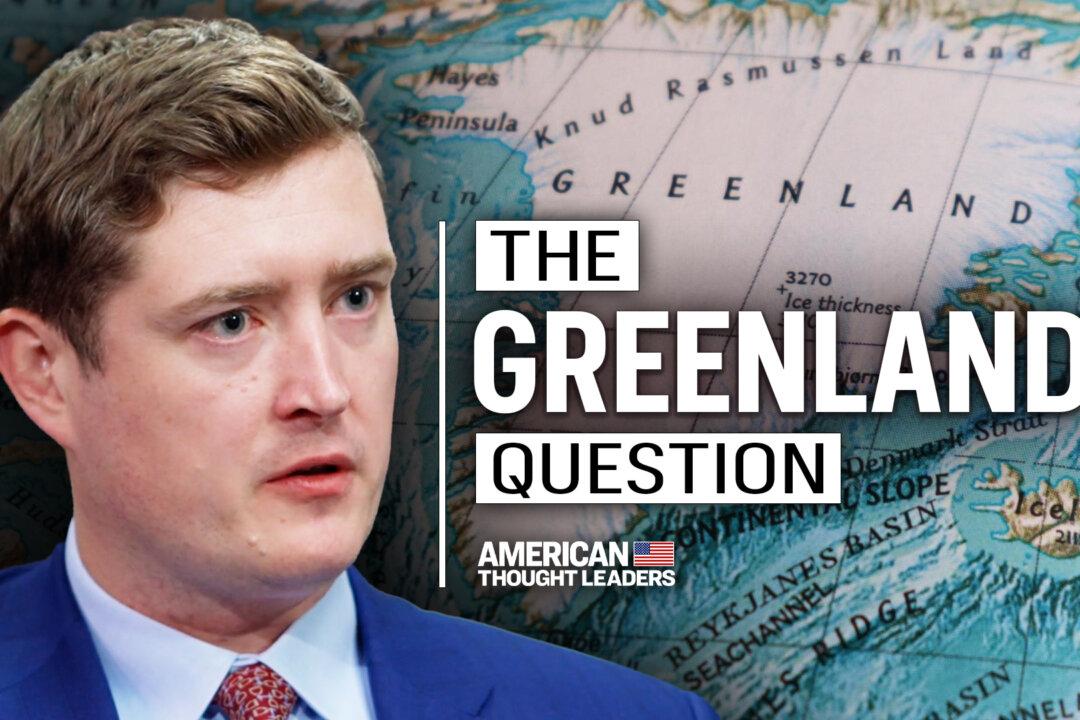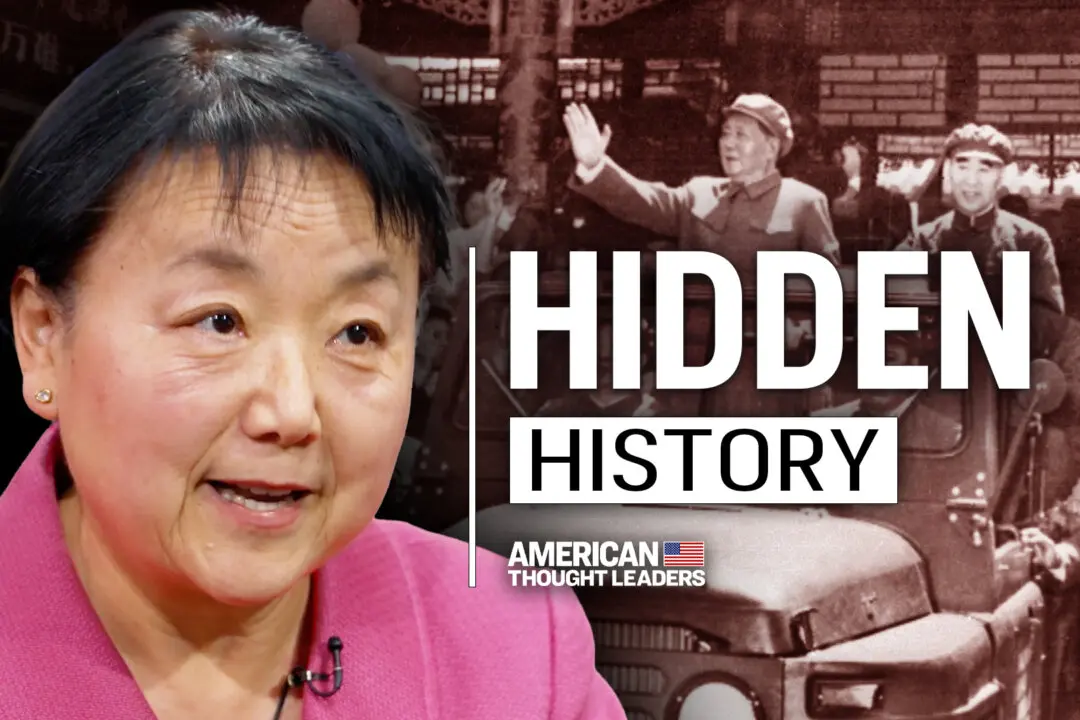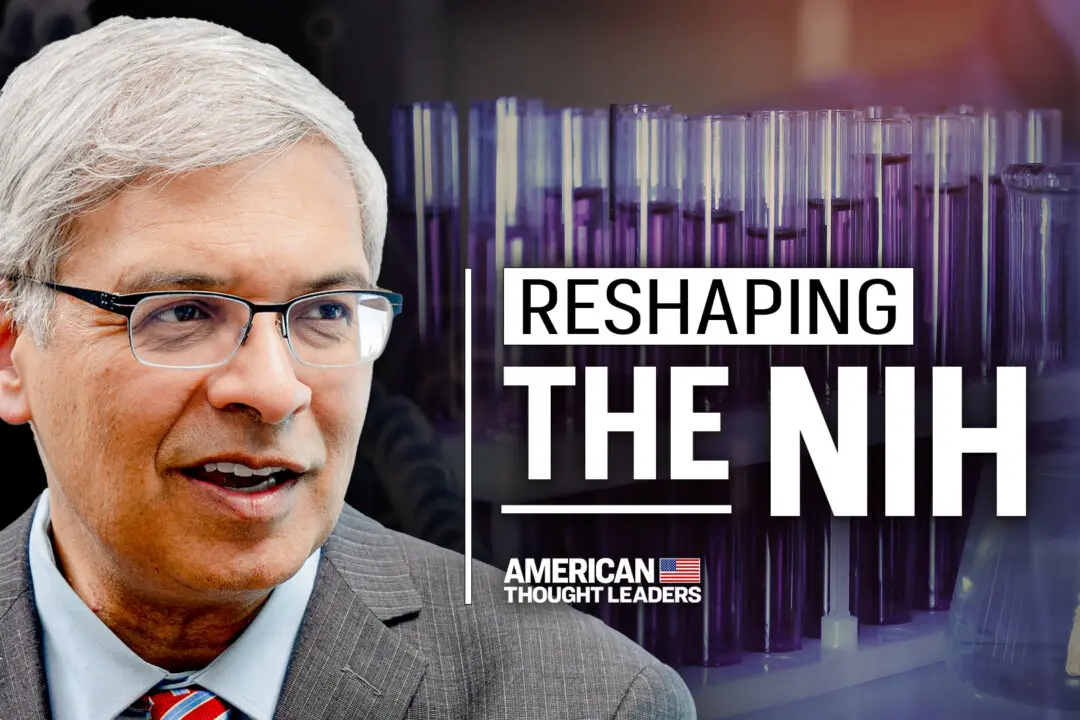In recent weeks, Brendan Carr, commissioner of the Federal Communications Commission (FCC), has taken to Twitter to call out the Chinese regime’s propaganda surrounding the pandemic.
His thread responding to a tweet by Chinese foreign ministry spokesperson Hua Chunying went viral. In a series of posts, Carr asked the regime to “un-disappear” a group of citizen journalists, doctors, and others who have gone missing after they spoke out about the severity of the outbreak in China. The commissioner has been blocked on Twitter by another foreign ministry spokesperson, Zhao Lijian.





